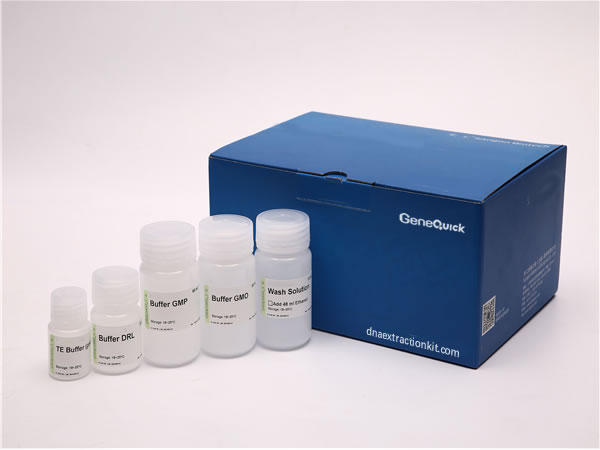What is Agricultural DNA Extraction Kit for Plant Cell?
An agricultural DNA extraction kit for plant cells is a specialized laboratory tool designed to isolate pure DNA from plant cell samples. It provides all necessary reagents and materials in a single package to efficiently break down plant cell walls and membranes, releasing genetic material for downstream analysis. These kits are optimized for agricultural research applications where high-quality DNA is required from various plant cell types.
The kit streamlines what would otherwise be a complex multi-step process into a standardized protocol. Researchers can obtain reliable DNA yields from plant cells without needing to source individual chemicals or develop custom methods. This standardization is particularly valuable in agricultural science where consistent results across different laboratories and plant specimens are essential for valid comparative studies.

Technical Specifications
| Model | Method | Sample | Application | Format | Workflow |
|---|---|---|---|---|---|
| AG-C-PLN-20R | Column | Plant | Agriculture | 20R | Manual |
| AG-C-PLN-50R | Column | Plant | Agriculture | 50R | Manual |
| AG-C-PLN-100R | Column | Plant | Agriculture | 100R | Manual |
| AG-C-PLN-200R | Column | Plant | Agriculture | 200R | Manual |
| AG-C-PLN-8R | Column | Plant | Agriculture | 8R | Semi-automated or Full Automation |
| AG-C-PLN-24R | Column | Plant | Agriculture | 24R | Semi-automated or Full Automation |
| AG-C-PLN-48R | Column | Plant | Agriculture | 48R | Semi-automated or Full Automation |
| AG-C-PLN-72R | Column | Plant | Agriculture | 72R | Semi-automated or Full Automation |
| AG-C-PLN-96R | Column | Plant | Agriculture | 96R | Semi-automated or Full Automation |
Working Principle
The principle behind these kits involves mechanical and chemical disruption of plant cell walls and membranes followed by DNA purification. Plant cells present unique challenges due to their rigid cell walls composed of cellulose, hemicellulose, and pectin. The kit components work synergistically to break down these structural barriers.
Chemical lysing agents disrupt cellular membranes and denature proteins, while specific enzymes may help degrade cell wall components. The released DNA is then separated from cellular debris through binding to a solid matrix, typically silica-based membranes or beads. Washing steps remove contaminants, and finally, pure DNA is eluted in a buffer solution ready for downstream applications.
Performance
These extraction kits deliver high-performance results with excellent DNA yield and purity from plant cell samples. The optimized chemical formulations effectively lyse tough plant cell walls while preserving DNA integrity throughout the extraction process. Performance metrics typically show high molecular weight DNA suitable for sensitive applications like PCR, sequencing, and genetic analysis.
Consistent performance across different plant species is a key advantage, whether working with crop plants, ornamental species, or wild varieties. The kits maintain reliability even with challenging samples that may contain secondary metabolites or other compounds that could interfere with DNA extraction. This reliability makes them invaluable tools for agricultural biotechnology and crop improvement programs.
Application
Agricultural DNA extraction kits for plant cells find extensive application in modern agricultural research and development. They are essential for genetic studies aimed at crop improvement, including marker-assisted selection, trait mapping, and genetic modification research. Plant breeders use these kits to analyze genetic diversity and identify desirable traits in breeding programs.
These kits also support phytopathological studies by enabling DNA extraction from plant cells infected with pathogens. Researchers can study plant-pathogen interactions and develop disease-resistant varieties. Additionally, they are used in quality control programs for seed certification and in environmental monitoring studies involving genetically modified plants.
Core Features and Advantages
The core features include optimized buffer formulations that effectively handle plant-specific challenges like polysaccharides and polyphenols that can inhibit downstream applications. The kits offer rapid processing times, often completing extraction in under an hour, and require minimal hands-on time. They provide consistent results across different plant species and tissue types.
Key advantages include high DNA yield and purity, scalability for different sample sizes, and compatibility with various downstream applications. The standardized protocols reduce technical variability between users and laboratories. These features make agricultural DNA extraction kits accessible to researchers with varying levels of experience while ensuring reliable, publication-quality results.